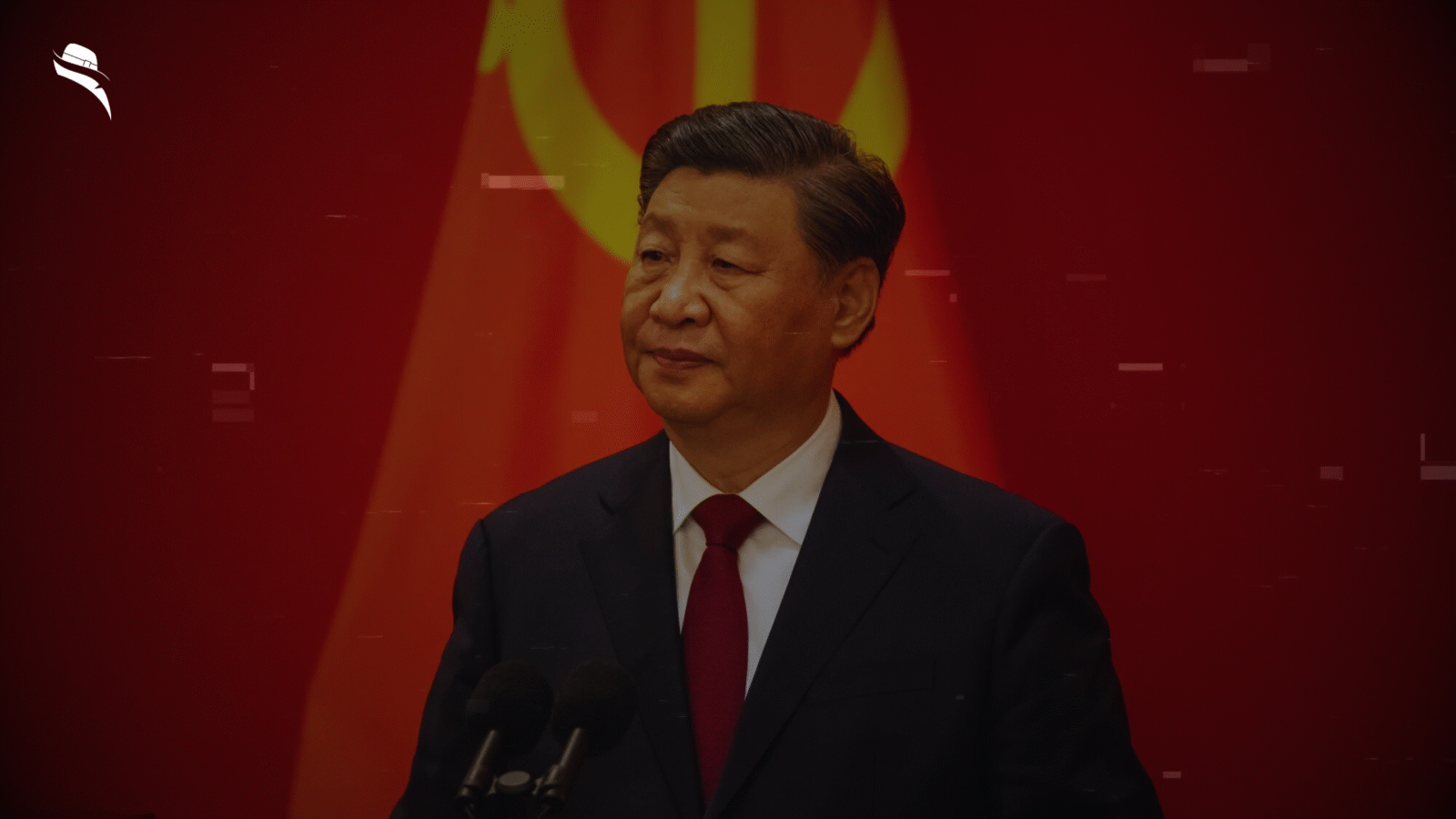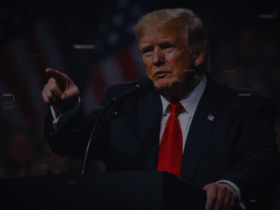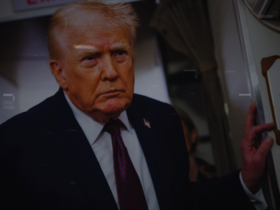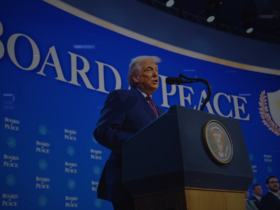Chinese influencers operating in a massive digital economy are now facing unprecedented credential requirements. According to regulators, China’s livestreaming and influencer economy generated over 1.2 trillion yuan (approximately US$165 billion) in e-commerce sales in 2022. Now, under strict new guidelines implemented by the Cyberspace Administration of China (CAC) on October 25, content creators discussing specialized topics must provide proof of their expertise.
As of October 2025, popular Chinese influencers who discuss sensitive subjects such as medicine, law, education, or finance will be required to certify they possess formal training in these fields. This regulation directly addresses concerning findings that nearly 30% of users surveyed had encountered deceptive or exaggerated influencer claims, particularly in health-related content. The consequences for non-compliance are significant—platforms that fail to enforce these rules could face fines of up to 100,000 yuan, while top Chinese influencers without proper credentials risk having their content removed or their accounts suspended. Famous Chinese influencers and the most popular Chinese influencers have been given a two-month grace period to submit their certifications, degrees, or verified credentials.
China Enforces Degree Requirement for Influencers
The new regulation establishes a clear distinction between popularity and professional authority. Effective October 25, creators must prove expertise through recognized degrees, certifications, or licenses before discussing regulated subjects. For top Chinese influencers who previously shared advice without formal qualifications, this marks a significant shift in their content strategies.
Regulatory authorities emphasized that platforms failing to enforce these verification requirements could face fines up to 100,000 yuan. These platforms must now implement robust systems to verify and record credentials, effectively transforming from content distributors into active gatekeepers responsible for screening professional qualifications.
Furthermore, the directive requires content creators to include proper citations and disclaimers. Influencers must clearly indicate when information is derived from research studies or contains AI-generated elements. Additionally, the CAC has prohibited advertising for medical products, supplements, and health foods to prevent covert promotions disguised as educational content.
The regulation responds to mounting concerns about misinformation. A study by the China Consumers Association revealed nearly 30% of surveyed users had encountered deceptive claims from influencers, particularly in health-related content. Moreover, platforms have already taken action—Douyin removed videos offering unverified financial planning tips, while Weibo suspended accounts promoting alternative medical remedies without documented training.
Despite criticisms regarding potential censorship, many popular Chinese influencers have welcomed the regulation as an opportunity to elevate content standards.
Social Media Platforms Begin Credential Verification
Major Chinese social media platforms have rapidly implemented verification systems following the new credential requirements. Douyin, Bilibili, and Weibo are now legally obligated to check and store qualification documents for top Chinese influencers discussing sensitive topics. This marks a fundamental shift in their function from passive content distributors to active regulatory gatekeepers.
Consequently, platforms must verify that content includes proper citations and clear disclaimers. Creators are required to specify when information comes from academic studies or contains AI-generated elements. In addition to verification responsibilities, these platforms must now educate users about their own responsibilities when sharing content.
Actions have already been taken against non-compliant content. Douyin has removed videos offering unverified financial planning tips, while Weibo has suspended accounts promoting alternative medical remedies without documented training. For brands collaborating with famous Chinese influencers, this introduces unpredictability as campaigns could be removed without notice if credential issues arise.
Notably, most popular Chinese influencers face increased scrutiny as platforms strengthen their oversight mechanisms to prevent false claims and misleading advice. Though platforms are developing back-end verification systems, no universal protocol has been made public yet. The stakes remain high—platforms failing to enforce these rules could face penalties and tighter regulatory scrutiny.
Regulation Sets Global Precedent for Influencer Oversight
China’s pioneering credential requirements for popular Chinese influencers are establishing a framework that regulators worldwide are closely monitoring. This regulation isn’t occurring in isolation—across the globe, governments are developing their own approaches to influencer oversight.
Spain has already implemented its “Influencer Law,” requiring creators earning over €300,000 annually or with more than 1 million followers to register and follow strict advertising guidelines. Throughout Europe, the European Audiovisual Observatory has conducted the first comprehensive analysis of regulatory frameworks governing influencer activity in the EU-27, Norway, Switzerland, and the United Kingdom.
Beyond China, platforms like Google have established their “Your Money or Your Life” framework, which subjects health, finance, and legal advice to stricter scrutiny using Experience, Expertise, Authority, and Trustworthiness standards. Elsewhere, France has taken a significant lead by adopting the Influence law of 2023, establishing binding rules for the biggest Chinese influencers and their commercial communications.
The magnitude of China’s digital economy serves as a key impetus for other markets to consider this regulatory framework. Should China’s credential verification approach effectively reduce consumer harm, regulators internationally may adopt similar measures, potentially transforming influencer marketing into a more structured, credential-sensitive industry.
Final Thoughts
The balancing act between expertise and freedom forms the core debate around China’s credential mandate for popular Chinese influencers. This regulation redefines what it means to be an influencer—moving from metrics-based popularity to credential-backed authority.
Nevertheless, this approach raises profound questions: Who defines “expertise”? What happens to independent creators who challenge mainstream narratives but lack formal credentials? The tension between controlling misinformation and protecting legitimate speech represents a universal dilemma, not unique to China.
Many Chinese netizens have welcomed these changes, believing qualified individuals should lead conversations on specialized topics. Yet others worry about potential limitations on creativity and open discussion. Ultimately, this regulation doesn’t end influencer marketing in China—it sharpens it, asking both famous Chinese influencers and brands to back content with qualifications.
Importantly, the credential requirement acknowledges a fundamental truth: when top Chinese influencers blur the line between opinion and expertise, consequences can be severe. A misleading financial tip could wipe out someone’s savings; a viral health trend could cause real harm.
For the digital ecosystem’s future, the challenge lies in finding balance—safeguarding both factual accuracy and creative expression. China’s approach represents one solution in the global struggle to define credibility in an age where influence often outweighs expertise.






Leave a Reply